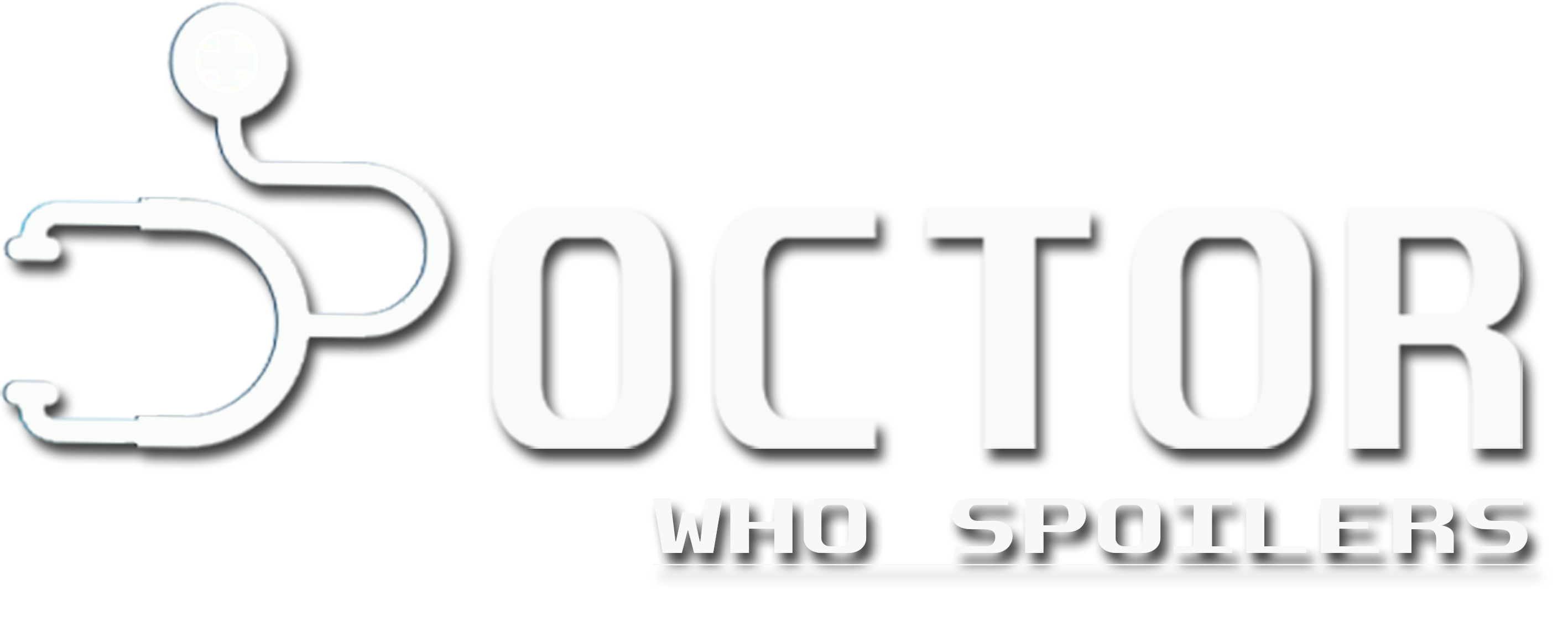
Rehab for Professionals: Balancing Recovery and Responsibility
In today’s high-paced and often stressful work environments, professionals can find themselves at a crossroads—a balance between fulfilling their responsibilities and addressing personal health challenges. When substance use or mental health concerns arise, seeking rehabilitation can feel daunting. However, it is essential to remember that prioritizing your well-being is not only vital for personal health but can also enhance productivity and overall job performance.
Understanding the Need for Rehab
For many professionals, the demands of their careers can lead to unhealthy coping mechanisms. Long hours, high stakes, and pressure to perform can manifest in various forms of substance use, whether it be alcohol, prescription medications, or illicit drugs. Recognizing the need for rehab often comes after a period of reflection when individuals realize that their current state is unsustainable.
It can be particularly challenging for those in leadership positions or high-stress jobs to admit they need help, as there can be a stigma attached to addiction and mental health issues. However, acknowledging this reality is the first step toward recovery.
The Importance of Professional Rehab Programs
Professional rehab programs are designed with the unique needs of working individuals in mind. They offer flexible scheduling, discreet services, and tailored programs that accommodate the busy lifestyles of professionals. Such rehab options allow individuals to address their addiction or mental health challenges without sacrificing their careers.
Why Choose a Professional Rehab Program?
- Confidentiality: Many rehab programs prioritize discretion and privacy, ensuring that professionals can seek help without fear of judgment or jeopardizing their careers.
- Tailored Treatment: Programs designed specifically for executives and professionals understand the complexities of maintaining a high-functioning lifestyle while undergoing treatment.
- Support Networks: Engaging with peers who understand the unique pressures of professional life can provide invaluable support during recovery.
- Integration of Skills: Rehab programs often incorporate strategies that help individuals develop skills to manage stress and maintain productivity, reducing the likelihood of relapse.
Balancing Work Responsibilities During Recovery
One of the most significant concerns for professionals entering rehab is how their absence will affect their work responsibilities. Here are some strategies to facilitate a smoother transition:
1. Open Communication with Your Employer
Depending on the company culture, communicating with your employer about your need for rehab may be beneficial. Discussing your situation can help set expectations and foster understanding. Many companies have Employee Assistance Programs (EAPs) that provide resources and support for employees facing such challenges.
2. Develop a Transition Plan
Before entering a rehab program, consider developing a plan to manage your workload. This could involve delegating responsibilities, informing key team members, or even scheduling deadlines that accommodate your treatment timeline.
3. Utilize Technology Wisely
With advancements in technology, staying connected while in rehab has never been easier. Arrange periodic check-ins or virtual meetings to stay updated on work matters, but set clear boundaries to ensure your rehab remains the priority.
Finding the Right Rehab Program
Choosing the right rehab program is crucial for successful recovery. Consider the following factors when selecting a facility:
1. Accreditation and Credentials
Ensure the rehab program you choose is accredited and staffed by licensed professionals. This provides assurance that you will receive high-quality care.
2. Specialization in Professional Needs
Look for programs that cater to professionals, such as Hollywood Hills Recovery. These programs often understand the specific challenges faced by individuals in high-pressure careers.
3. Aftercare Services
Recovery does not end upon leaving a rehab facility. Inquire about aftercare services, including counseling and support groups. Strong aftercare can significantly reduce the risk of relapse.
The Benefits of Recovery
The journey through rehab can be transformative. While it may seem daunting initially, the benefits of recovery extend beyond personal well-being. A healthier individual is likely to exhibit improved focus, creativity, and resilience—all essential traits for success in any profession.
Moreover, recovery can foster stronger relationships both personal and professional. By prioritizing your health, you contribute positively to your workplace culture and set an example for colleagues who may be struggling.
Conclusion
Rehabilitation for professionals is not merely about overcoming addiction or mental health issues; it is about reclaiming one’s life and enhancing overall well-being. Finding the right program, such as those offered by reputable facilities like Hollywood Hills Recovery, can make all the difference in achieving a successful balance between recovery and responsibility.
Taking the brave step towards rehab can lead to a more fulfilling and productive career, illuminating the path to a healthier lifestyle and a renewed sense of purpose. Remember, seeking help is a strength, and it is never too late to invest in your future.





